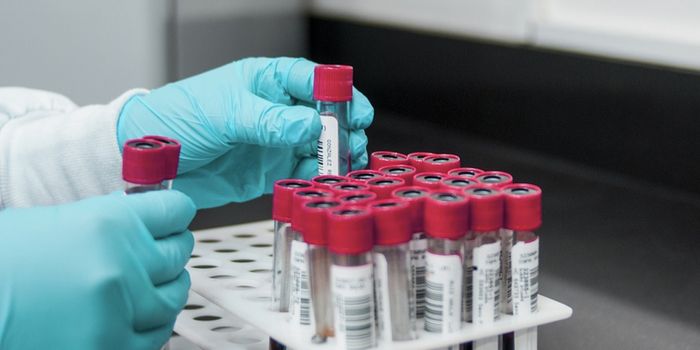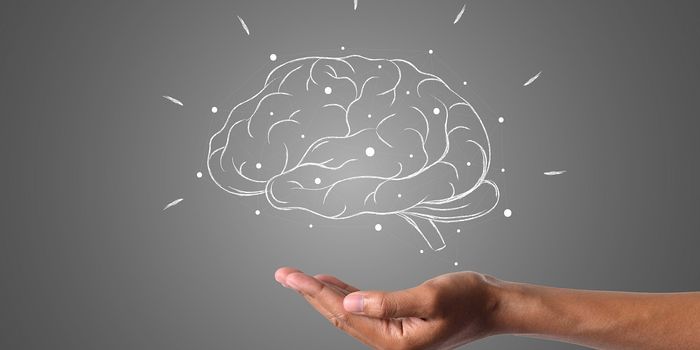Increased Autism Risk for Children Born with Heart Disease
Children born with congenital heart disease (CHD) have a life expectancy comparable to that of the general population. However, despite advances in medical care, many with CHD nevertheless experience long-lasting neurodevelopmental difficulties including lower-than-normal IQs and learning difficulties. Adding to these, research now shows that those with CHD are also at a greater risk of ASD than people without the disorder.
In a study exploring a possible link between ASD and CHD, Matthew Oster, a pediatric cardiologist at Children's Healthcare of Atlanta in Georgia, and his team analyzed 35,040 children’s health records from the US Military Health System Data Repository. Made between October 2000 and October 2011, of these children, 8,760 were formally diagnosed with autism.
After adjusting the data for different variables including maternal age and genetic conditions linked to autism, the researchers found that children born with CHD are 33% more likely to develop ASD than children born without the disorder. The researchers also found that rates of ASD were highest among children with less severe forms of CHD, including atrial septal defects and ventricular septal defects, although those with more severe cases of the condition were also at an elevated risk of having the condition.
Why is this? Research has pointed towards a connection between CHD and neurodevelopmental impairments in children for decades. In fact, even among those without a formal autism diagnosis, there is evidence that social impairments are nevertheless common as a part of a broader profile of executive functioning impairment- including inflexible ways of thinking, rigid adherence to routines and difficulty handling change.
So how does this happen? One explanation is that autism and congenital heart defects share a genetic pathway that impacts both heart and brain development. A study conducted by researchers at Yale University even found evidence for this theory, having discovered an overlap in genes linked to both ASD and CHD.
Another explanation is that those with more severe types of CHD- those who undergo cardiac surgery while children in particular- are exposed to changes in brain maturation and are more vulnerable to early brain injuries due to the altered cranial blood flow while in the womb. Such early neurological issues may damage brain systems essential for both development and learning, thus placing children with CHD at a higher risk of developing behaviors linked to autism.
Sources: Harvard Health, Pediatrics and Spectrum News









